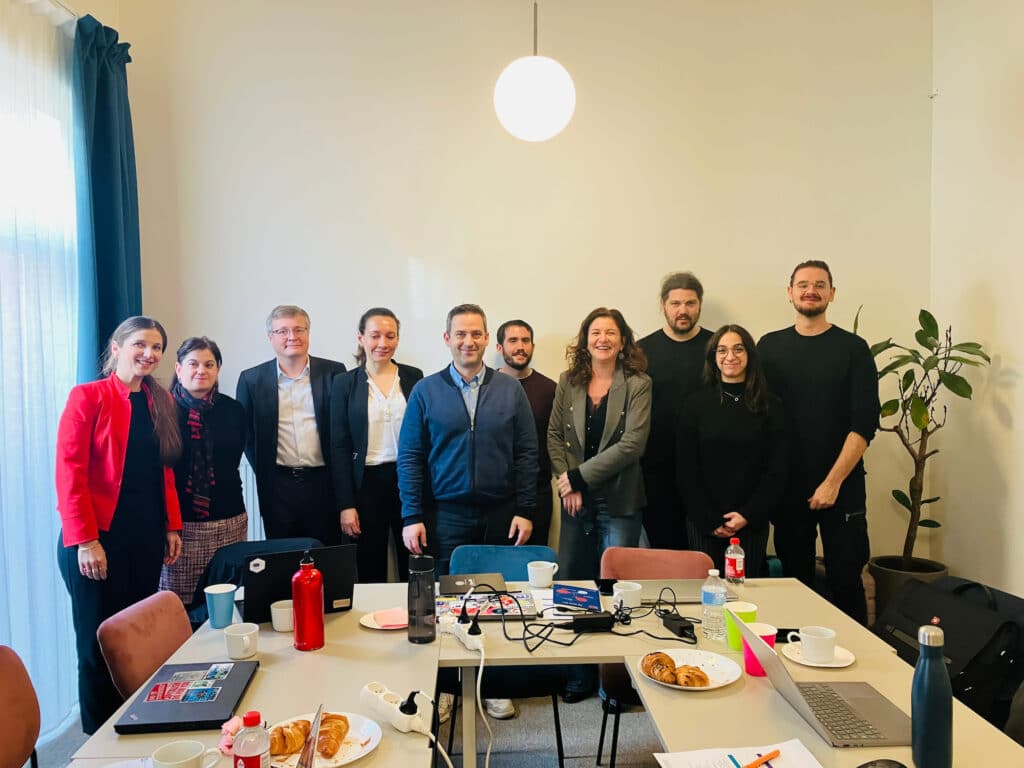The General Assembly of the NGI Commons initiative concluded yesterday, 28th November 2024, in Brussels, Belgium, following productive discussions. Approaching its one-year anniversary, the NGI Commons initiative has been actively engaged in developing a long-term strategy for digital and internet commons.
Consortium partners have been diligently working towards ensuring that research efforts encompass both “quantitative and qualitative aspects”, as emphasised by Cailean Osborne from the Linux Foundation and NGI Commons partner. This dual approach reflects the initiative’s commitment to fostering a balanced and comprehensive development of digital commons.
The NGI Commons initiative represents a collaborative effort to shape the future of the internet and digital commons. Its progress underscores the growing importance of public-private partnerships in driving innovation and sustainable development in the tech sector.
Key elements of discussion
- Tracking the progress on mapping of existing communities of commoners” and identifying the “ecosystem of commoners and their priorities
- Measuring the impact of digital commons funding, introducing a brand new toolkit;
- Developing a Strategic Agenda to support EU sovereignty through investment in Digital Commons trying to understand their associated key strategic orientations.
The meeting focused on defining NGI Commons’ Strategic Outlook and Future Directions and involved all consortium partners in collaborative planning processes.
The partners were delighted to welcome the initiative’s Project Officers Jean-Luc Dorel and Dimitrios Thomas to our working session on day two, to share the progress of our initiative. They expressed the importance of using Mastodon and Peertube:
Another important topic of discussion was the NGI Policy Summit. The event will take place in the second half of 2025. The summit aims to engage multiple communities through interactive sessions. More details will come at the beginning of 2025.
NGI Commons is working on a long-term strategy for digital/internet commons based on a clear mapping of existing communities of commoners and commons. It aims to develop a smooth articulation of bottom-up activities of European commoners’ communities and top-down policy priorities (e.g., reuse of commons, avoiding overlaps), to eventually, build a more coherent funding landscape integrating national and European dimensions from public and private sectors.

